Faith And Action
When God saw the sin and greed of a community he had a simple command for the faithful – “Do justice, love mercy, and walk humbly with your God.” We are called, as people of faith, to recognize that God has provided enough for all, but it is often greed and fear that lead to public policies that cause poverty. Pharaoh operated out of a belief that wealth was limited, and God caused bread to fall from the sky.
What is Justice?
Justice is what love looks like in public.
We often volunteer to serve in food pantries, soup kitchens, and homeless shelters. These are important ministries of mercy and compassion. Justice, though, steps back and looks upstream and asks, “WHY”?
When we answer our call to love one another, we cannot rest on the providing of one meal to one person. When laws and economic conditions cause the poverty – we need to walk side-by-side with the individual and identify how to remove those systemic barriers.
How can the Church do Justice?
1. Talk About the Causes
On a Sunday morning, hold a Sunday school class on the topics of hunger, economics, and poverty. Dedicate a worship service to hunger and poverty. (Contact us and we can help set this up!)
2. Incorporate Learning into Your Service
Include a learning component into your service – before going to serve at a homeless shelter, learn and discuss why homelessness exists in our communities.
3. Build Relationships
Be intentional about building relationships with individuals of other races, ethnicities, age groups, and economic status. Sadly, our world doesn’t foster diversity like this, but we can make it happen.
4. Engage in Advocacy
This is our main purpose as the Hunger Network. Local, State, and National elected officials need to hear from you! Your experiences building relationships and doing service can help educate our policymakers. So, how can you do advocacy?
a. Write an email to a state legislator
b. Write a hand-written letter to your legislator
c. Make a phone call
d. Participate in advocacy days at the Statehouse
RESOURCES
Theological: Many denominations, clergy and others have formed a theological basis for our advocacy toward economic and food justice.
- The Church In Society: A Lutheran Perspective:
- Economic Life: An ELCA Social Statement
- Hunger and Food Security in the UCC
- The United Methodist Church, Justice, and World Hunger
- The Episcopal Church: Poverty and Hunger
- Catholics Confront Global Poverty
Engage Others: Here are resources to use in Sunday school classes, community groups, or other settings to discuss issues related to hunger, justice, and advocacy.
- Act 2Day4Tomorrow: A guide to discuss hunger and justice with youth.
- Bible Study on Voting: Voting matters. Lead a bible study on our call to vote.
Reading & Listening Recommendations: Who doesn't enjoy a good book or a podcast? Here are some of our favorites.
- Democracy Matters, Cornel West
- Faith Rooted Organizing, Alexia Salvatierra & Peter Heltzel
- Truth Speaks to Power, Walter Brueggemann
- Public Church: For the Life of the World, Cynthia Moe-Lobeda
- God's Politics, Jim Wallis

